

How to join PharmaSources as a freelance writer?
Morocco’s pharmaceutical market continue to attract new investment as the North Africa country strives to leverage on its political stability, solid financial system and conducive investment climate to expand its capacity to manufacture diverse medical products and drugs.
Morocco, the second biggest pharmaceutical market in Africa after South Africa, has since the 2006 approval of a strengthened liberalization policy attracted private financing and investments especially in the manufacture and supply of generics, a fast-growing segment of the country’s pharma industry.
The latest boost to Morocco’s pharma market, which represent about US$485 million of added value, came through the 74-year-old Casablanca-based pharmaceutical company Laprophan. The firm, reputed to be the first Moroccan laboratory to have a research and development centre in the country, has received an estimated US$ 94.1 million in new investments from DEG and long-time partner, Mediterrania Capital Partners (MCP). The financing is for Laprophan’s expansion plans for its manufacturing and distribution capacity in Morocco. (1)
DEG has announced approximately US$ 15.5 million investment in Laprophan, while MCP is putting in US$ 78.6 million to support Laprophan’s plans “to expand and speed up production capacities.”
Laprophan’s expansion plans is driven by a surge in demand for medical products and drugs, a trend that emerged after Morocco made compulsory its healthcare insurance scheme.
DEG’s investment in Laprophan came nearly two months after Laprophan signed an agreement with China’s developer of medical and healthcare businesses, Sinopharm International.
The February 2023 agreement is focused on cooperation of the two companies in key areas of health and medicine, including pharmaceutical preparations, active ingredients, packaging articles, pharmaceutical consumables and medical devices as well as pharmaceutical production equipment and materials. (2)
The agreement also includes “the transfer of technology to Laprophan with a view to local production of certain pharmaceutical specialties.”
"The signing of this agreement is a cooperation between Sinopharm and Laprophan, a pioneer of Morocco's pharmaceutical industry, in the fields of medicine and health, guided by China's Belt and Road Initiative,” said Yan Bing, Vice President of Sinopharm International.
He said the agreement ushers in a new dawn in cooperation between China and Morocco in the field of medicine and health as it promotes “the upgrading of cooperation in the entire industrial chain of medicine and health and thus taking a new step towards the construction of the China-Africa Community with a shared future."
Laprophan President Dr. Farid Bennis said the agreement with Sinopharm International “will meet public health needs and contribute to strengthening the health security of our country.”
"Expanding the Belt and Road Initiative to the rest of Africa and the health sector through the presence of Laprophan in many African countries, allowing Sinopharm to better respond to the public health needs of the continent," he said.
Elsewhere, plans by Morocco’s Dislog Group to expand into country’s pharmaceutical sector recently received a boost after the European Bank for Reconstruction and Development (EBRD) announced nearly US$ 43 million loan to back up the investment strategy. (3)
EBRD said the financing will “support the company's acquisition of various companies in the Fast-Moving Consumer Goods (FMCG) and pharmaceutical sectors, as well as construction and acquisition of industrial and logistics platforms.
Morocco’s pharmaceutical market, which has an estimated turnover of US$1.5 billion, has many locally incorporated manufacturers and suppliers with Moroccan Association of Pharmaceutical Industry (AMIP) saying the firms dominate the country’s generics market with a share of almost a third of the national volume and value. (4)
Currently, AMIP estimates Morocco’s production capacity at 450 million units with main market players being Cooper Maroc, Sothema, Mophar, Laprophan and Sanofi Maroc.
Ambulatory services have the largest share of medical products and drugs estimated at 35% according to AMIP. Hospitals and medicaments have a 30% and 22% share respectively while other channels take up at least 13%.
With the liberalization of Morocco’s pharmaceutical market in 2006 there has been growing interest from multinationals that have no on-site production facilities to have subsidiaries with opportunities to manufacture their own medical products.
REFERENCES
https://www.deginvest.de/Newsroom/News/News-Details_762944-2.html
https://laprophan.com/blog/33/laprophan-sinopharm-foreign-trade-signe-avec-laprophan-un-nouveau-chapitre-dans-la-cooperation-sino-marocaine
https://www.ebrd.com/work-with-us/projects/psd/54395.html
https://www.mcinet.gov.ma/en/content/pharmaceuticals
About the Author
Shem Oirere graduated from the University of South Africa with a bachelor’s degree in International Relations and Diplomacy, and also holds a Diploma in Journalism from the London School of Journalism. He previously worked for the Kenya Times, Nation Media Group and The People Daily over a twenty-year span as a business writer and Sub-editor. He wishes to share a view of the scenes behind Africa's latest pharma market trends with the rest of the world.





 ALL
ALL Pharma in China
Pharma in China Pharma Experts
Pharma Experts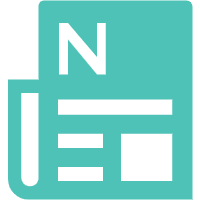 Market News
Market News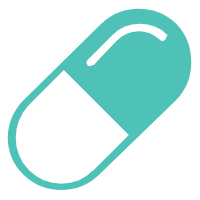 Products Guide
Products Guide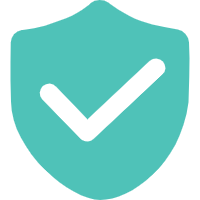 Brand Story
Brand Story
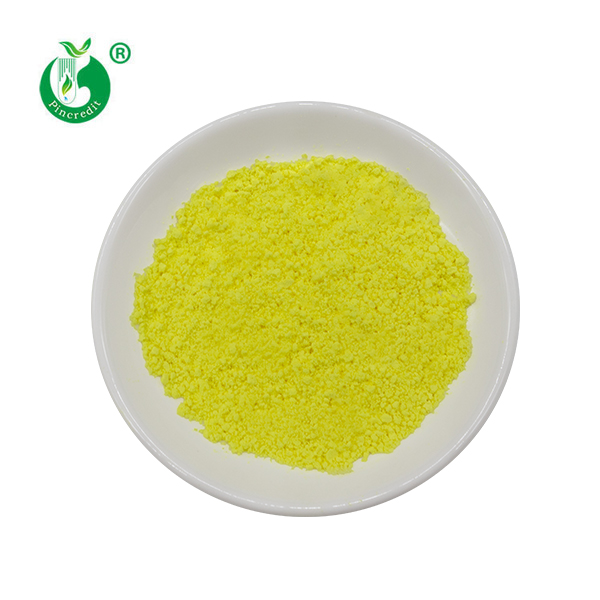
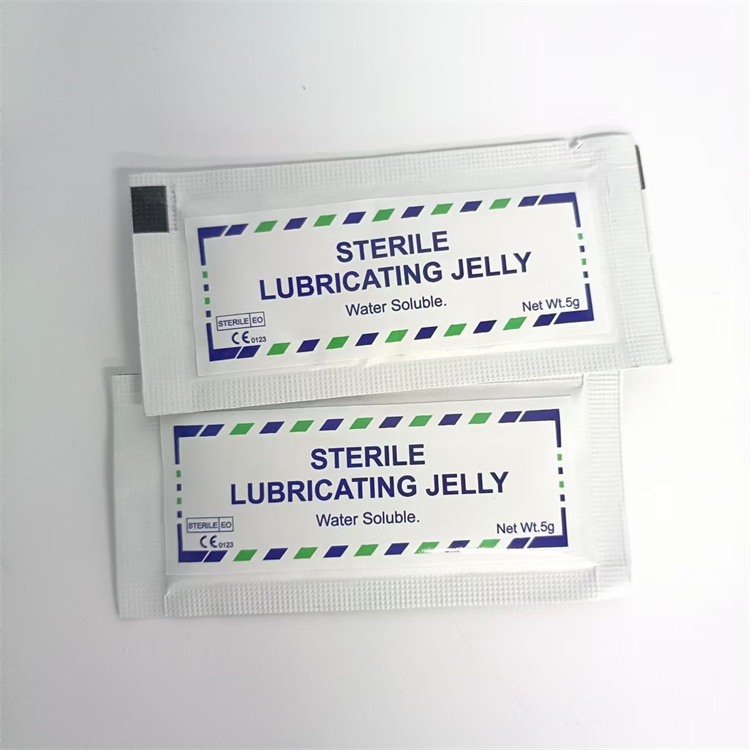
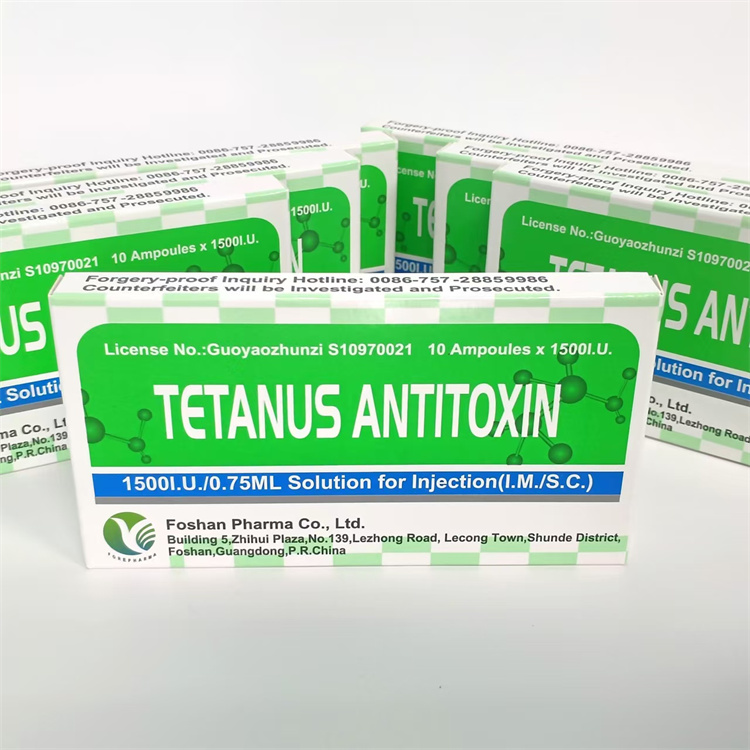
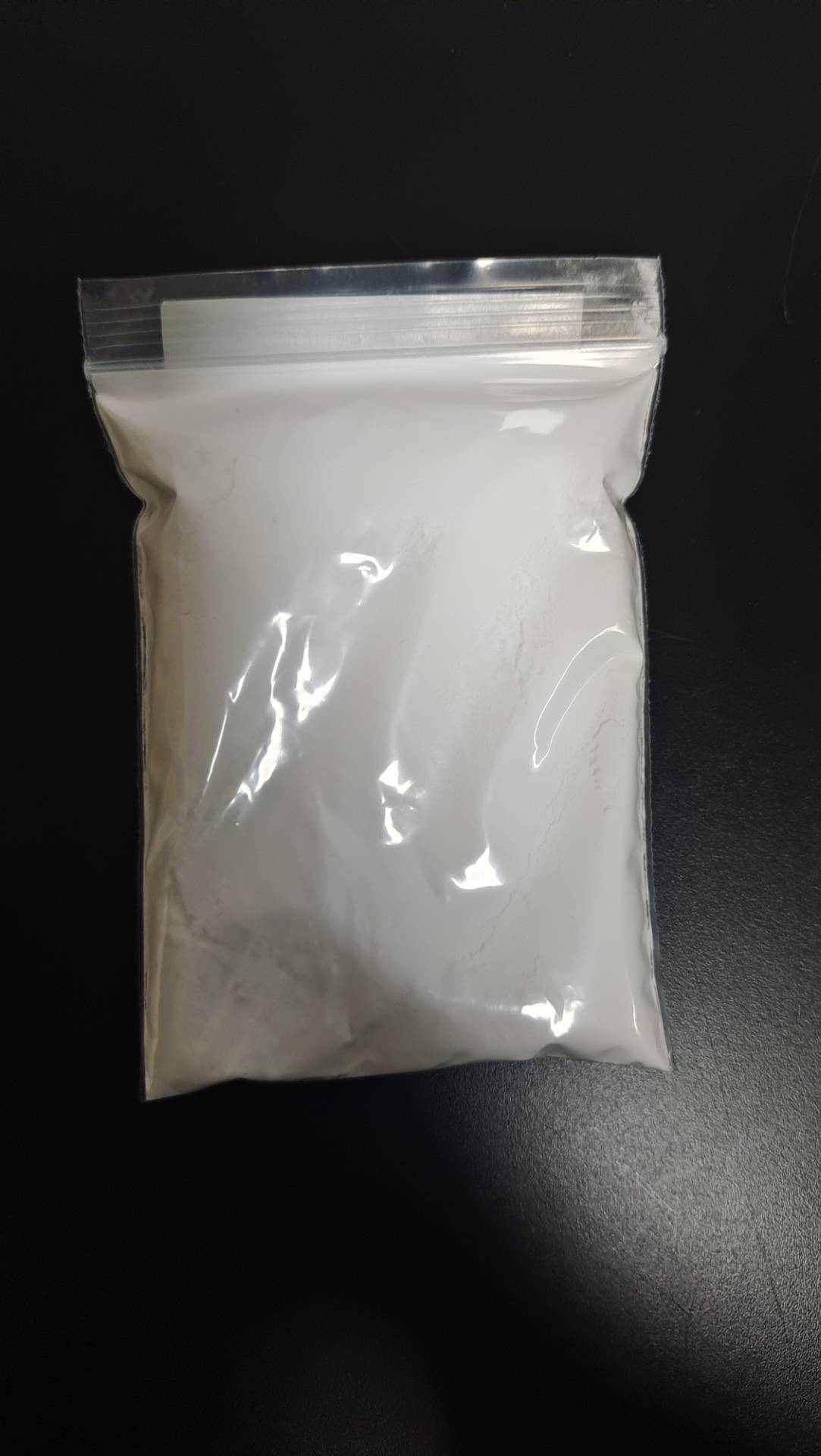
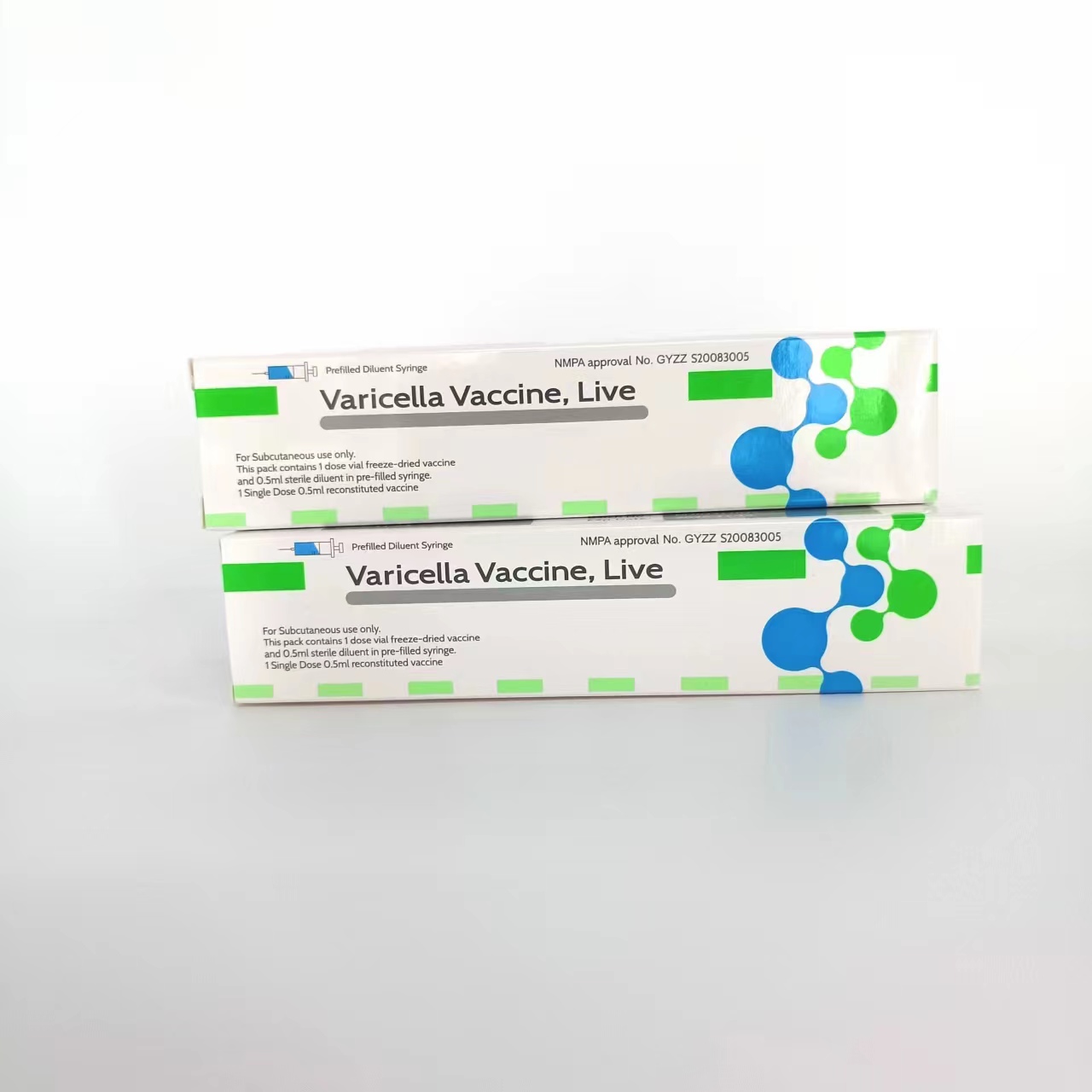
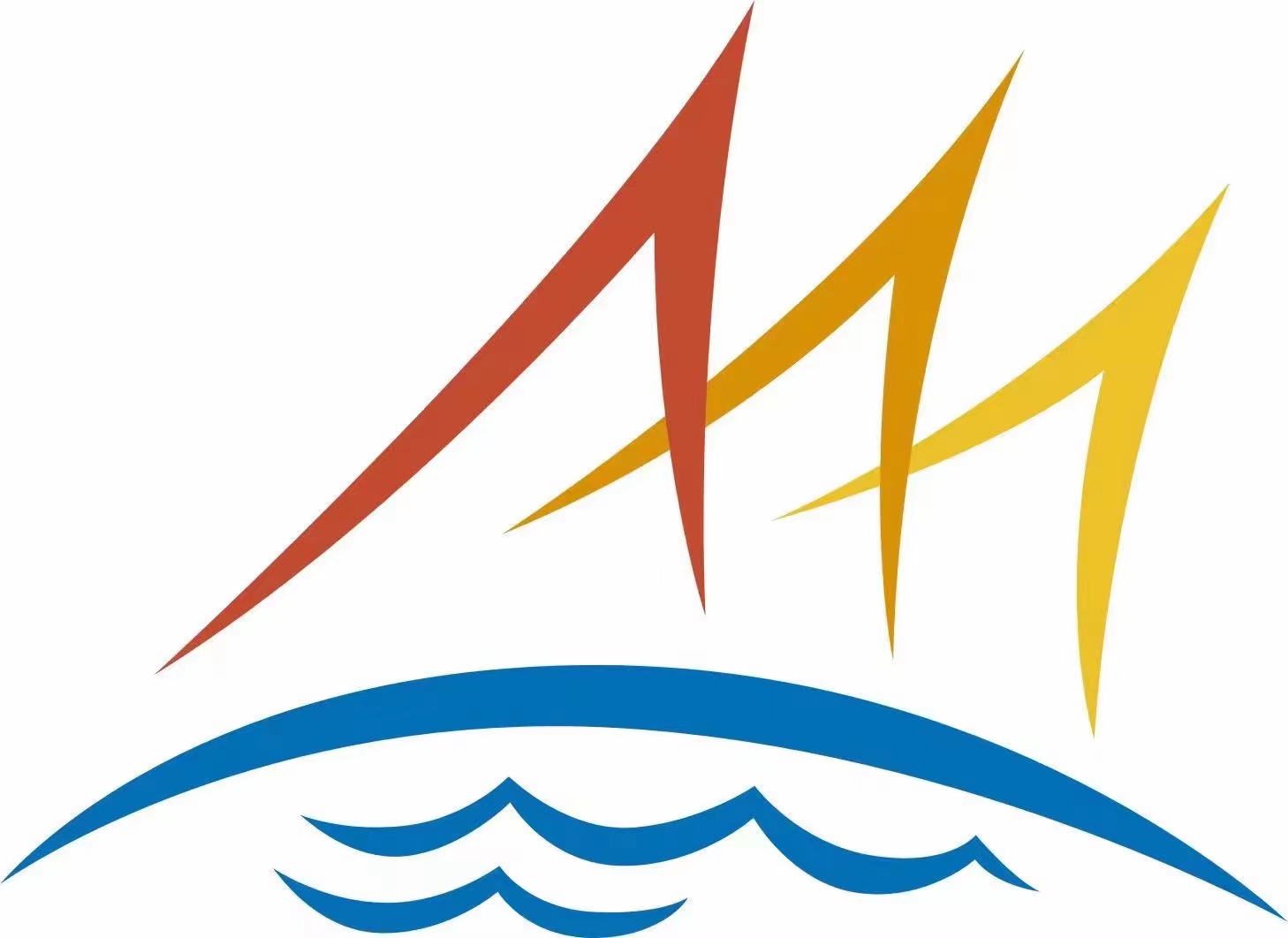


















 Pharma Sources Insight January 2025
Pharma Sources Insight January 2025








